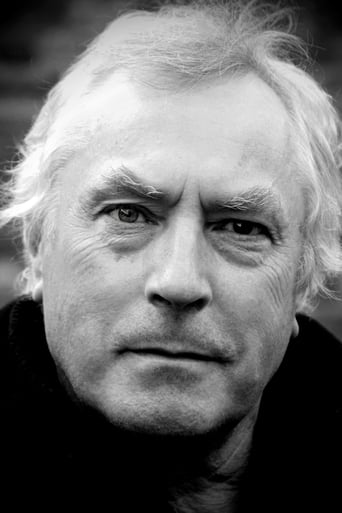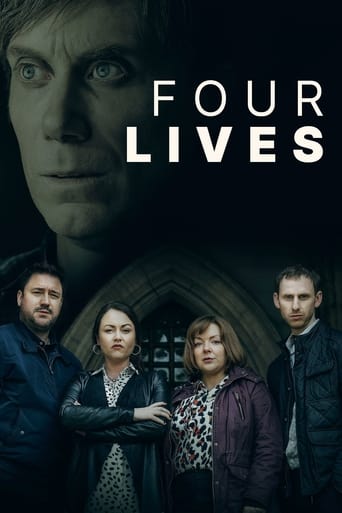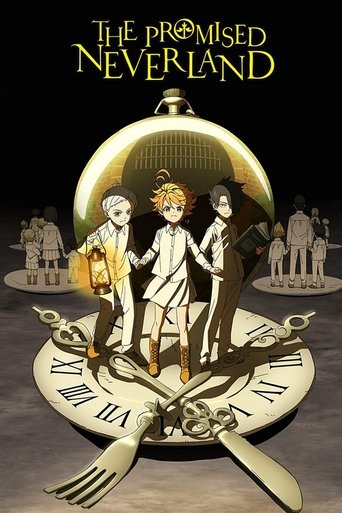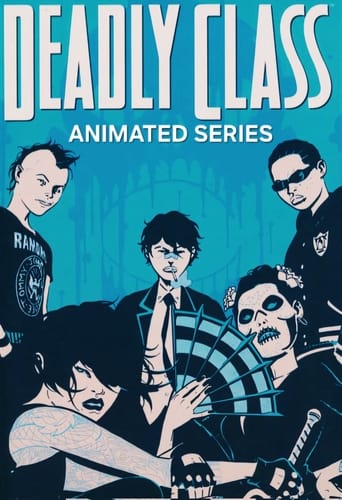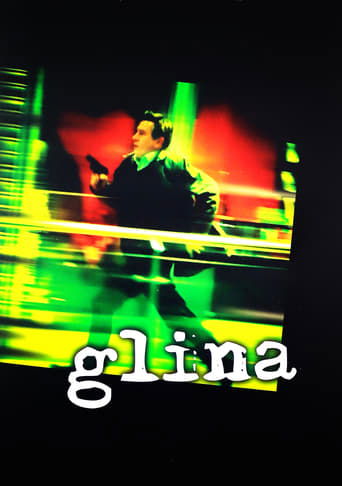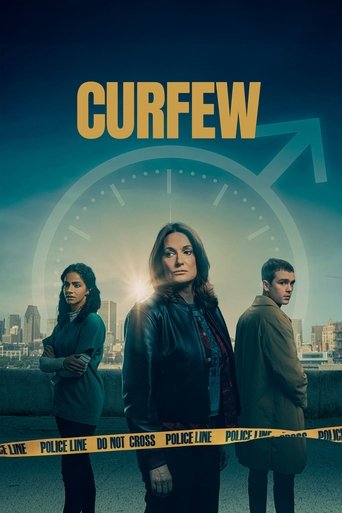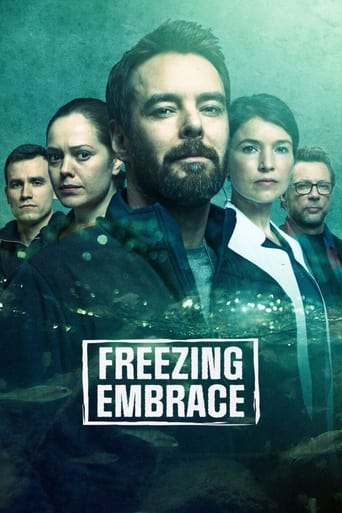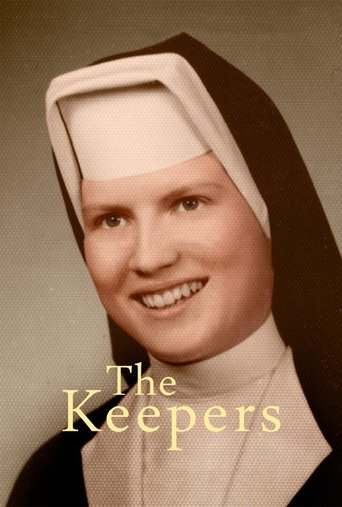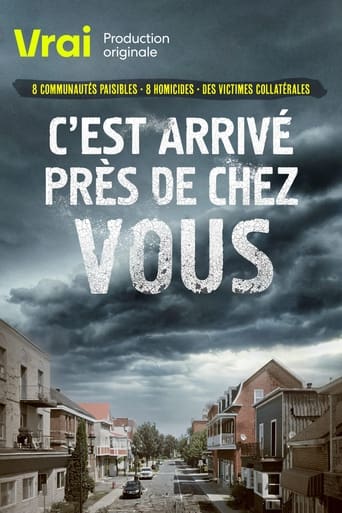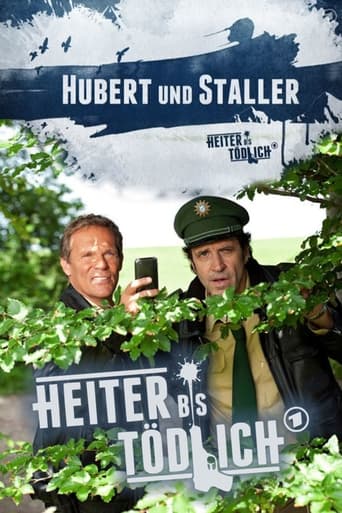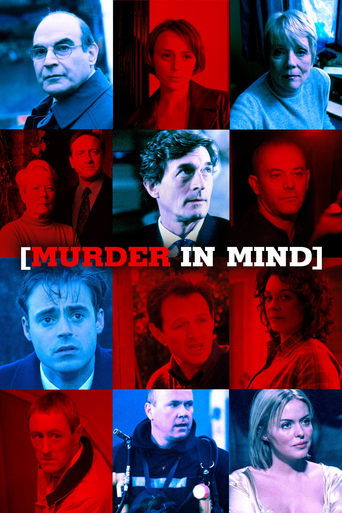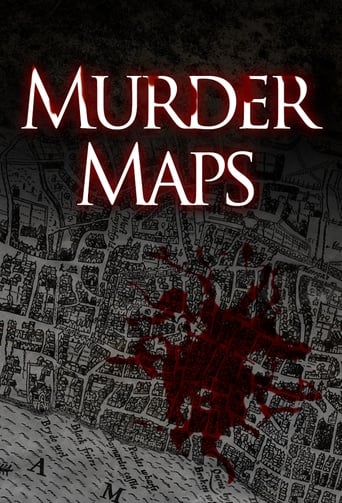
Cleveland Torso Murders
Cleveland, Ohio was a notorious city in the 1930s. The Great Depression had hit it hard. Crime and corruption were rife. And there was a serial killer on the loose. This episode investigates the unsolved murders committed by the Butcher of Kingsbury Run. The Butcher killed at least twelve men and women, dismembering their bodies and scattering them across the city. Few of the victims were ever identified and nobody was brought to justice. But as this episode reveals, the investigation of legendary lawman Eliot Ness did have a suspect, a man whose identity has remained a secret for decades.
Country: GB
Language: En | Fr
Runtime: 45
Season 5:

We all think we know the story of Jack the Ripper. The most famous serial killer in history, the man who murdered five women on the streets of Whitechapel - and got away with it. In this two-part Murder Maps special, we re-examine those notorious crimes. We reveal how the story we know today was shaped by the sensationalist press of 1888. And we strip back decades of rumour and misinformation to reveal the true lives of the five women slain. With contributions from world renowned Ripper expert Donald Rumbelow and writer Hallie Rubenhold, author of The Five - the only book to tell the lives of the victims, these documentaries are the true story of the Whitechapel Murders as never heard before.

We all think we know the story of Jack the Ripper. The most famous serial killer in history, the man who murdered five women on the streets of Whitechapel - and got away with it. In this two-part Murder Maps special, we re-examine those notorious crimes. We reveal how the story we know today was shaped by the sensationalist press of 1888. And we strip back decades of rumour and misinformation to reveal the true lives of the five women slain. With contributions from world renowned Ripper expert Donald Rumbelow and writer Hallie Rubenhold, author of The Five - the only book to tell the lives of the victims, these documentaries are the true story of the Whitechapel Murders as never heard before.

In December 1910, the murder of three City of London Police officers and the wounding of two others was, and continues to be, one of the largest multiple murders of police officers on duty carried out in Great Britain. The three officers – Sergeants Bentley and Tucker and Constable Choat - were shot dead whilst trying to prevent a burglary at a jewellers in Houndsditch on the evening of the 16th of December and this incident and the events surrounding it formed the precursor to the famous Siege of Sidney Street in January 1911.

The First World War took the lives of countless soldiers on the front line. But one man in Paris too old for combat saw this as an opportunity. Henri Landru targeted the lonely and vulnerable women left behind by the war. He seduced them with promises of marriage and lured them to houses outside Paris where the women vanished. With the police uninterested in investigating the disappearances, two women took it upon themselves to pursue Landru. This episode tells their story. How they tirelessly gathered evidence against the killer. How they pestered the authorities to investigate. And how they made sure Landru finally faced justice for his crimes.

Herbert Rowse Armstrong went down in history as The Hay Poisoner. Convicted in 1922 of murdering his wife with arsenic, he was the first and only solicitor to be hanged in the UK. But was he guilty? Was he a cunning poisoner, or was he a grieving husband wrongly accused? Much of the evidence against Armstrong was circumstantial and the scientific testimony remains disputed. In this episode we examine both sides of the case and ask whether the British justice system made a terrible mistake.

Amelia Dyer was perhaps the most prolific killer in British history. She earned a living through murder, and her victims were babies. There was a grim trade which flourished in the Victorian age. In a time when unmarried mothers were shamed and shunned, giving up children to a 'baby-farmer' was often the only option. Dyer promised mothers that for a fee, she would adopt the babies and raise them as her own. In fact, she neglected and murdered them. In this episode we tell the shocking story of Dyer and of Evelina Marmon, one of the desperate young mothers she deceived.

Cleveland, Ohio was a notorious city in the 1930s. The Great Depression had hit it hard. Crime and corruption were rife. And there was a serial killer on the loose. This episode investigates the unsolved murders committed by the Butcher of Kingsbury Run. The Butcher killed at least twelve men and women, dismembering their bodies and scattering them across the city. Few of the victims were ever identified and nobody was brought to justice. But as this episode reveals, the investigation of legendary lawman Eliot Ness did have a suspect, a man whose identity has remained a secret for decades.

It was a crime which shocked Britain. In 1878, a widow was killed in her own home - and the killer was her own servant. This was a murder which struck at the heart of Victorian society, at the sanctity of the home and the rigid divides between the classes. For the young Kate Webster did not only kill and dismember her employer - she stole her clothes, her property and her identity. And to the Victorians that was almost more monstrous than the murder itself.

Here we reveal how the notorious killer Mary Pearcey began an affair with her victim's husband, how she inserted herself into the family's life.

